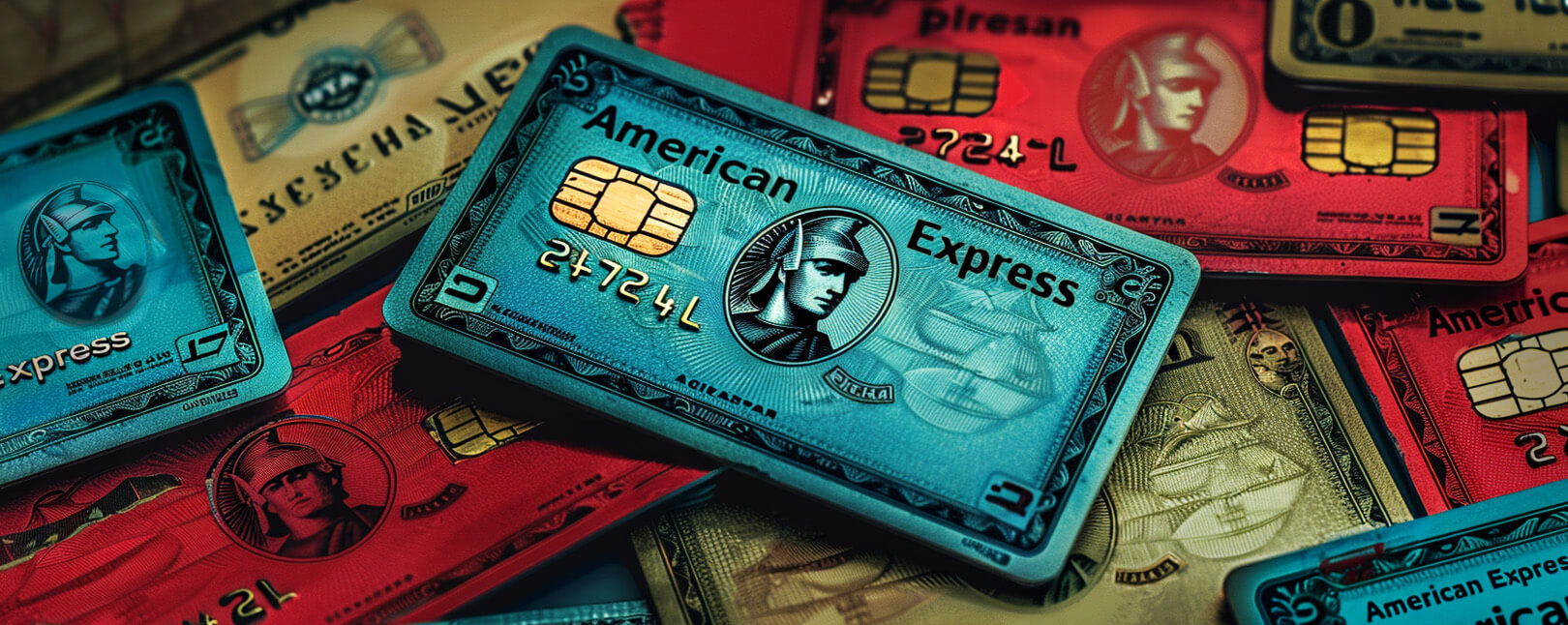10 Developer Tips for Avoiding Google Play Store Chargebacks
Chargebacks, which are involuntary payment reversals stemming from customer disagreements, are increasingly affecting the software and development sector.
A significant factor is the rising trend in chargeback incidents in general. However, the unique nature of the software industry makes it especially prone to such conflicts. Distributing apps directly to users through the Google Play Store can expose developers to definite financial risks.
So, how do chargebacks in the Google Play Store function? And how can developers avoid them? Let's find out.
Recommended reading
- Bank of America Disputes: Here's What You Need to Know
- Wells Fargo Disputes: Chargeback Rules & Things to Know
- 10 Tips to Stop DoorDash Chargebacks Before They Happen
- American Express Chargebacks: Rules & Time Limits & More
- Stripe Chargeback Guide: Time Limits & Other Info You Need
- What is a Bank Chargeback? What Makes Them Different?
Google Play Store Chargebacks: At a Glance
A chargeback occurs when a customer disputes a charge made through the Google Play Store by calling their bank or credit card issuer. This is done instead of seeking a refund or resolution through the customer service channels provided by Google. In many ways, these disputes parallel disputes filed against Apple App Store purchases.
Developers and merchants don't usually engage directly in the chargeback process with the financial institution. Instead, Google handles this on your behalf. Once notified, Google has a limited window of time in which to respond to the Play Store chargeback. The company may examine user activity logs, transaction details, and other evidence to see whether they may contest the chargeback.
If Google believes there are grounds to fight the claim, they may submit a response through representment. The financial institution reviews this information and decides whether to uphold or reverse the chargeback.
If the bank rules in favor of the customer, then the Play Store chargeback is approved. The funds are permanently debited from your bank account, along with a chargeback fee assessed by the bank, and returned to the customer.
Why Do Play Store Chargebacks Happen?
The Google Play Store is a bustling digital marketplace. It hosts millions of apps and generates billions of dollars in revenue each year.
This platform offers a wealth of opportunities for developers looking to generate income from apps and other digital goods. Nevertheless, the extensive user base also introduces a significant business risk in the form of chargebacks.
With this in mind, below are 10 common reasons why customers might initiate Play Store chargebacks against developers:
As a developer, you strive to provide the best products and services possible. Some factors may be outside of your control, however, and can lead to disputes with cardholders. Understanding these common reasons for Play Store chargebacks can help you mitigate risks and, in turn, create a better user experience on the Google Play Store.
How Do Chargebacks Impact the Software & Development Industry?
It’s important to understand that recurring chargebacks can have significant repercussions.
A high frequency of chargebacks may lead to increased transaction fees. Your app could also be removed from the Google Play Store, or your developer account could be terminated entirely. Chargebacks also impact your app's ratings and overall reputation, which can affect your future revenue and limit your potential user base.
What about specific consequences? Google Play Store chargebacks can result in:
Chargebacks have detrimental effects on all parties involved. At times, this even includes the customers who initiate them. Thus, it is crucial for developers to stay proactive and implement best practices to minimize their exposure and the overall impact on the industry.
10 Tips to Prevent Google Play Store Chargebacks
App and software developers need to take proactive steps in addressing issues related to Play Store chargebacks before they escalate. Effective communication, elevating customer satisfaction, and adept dispute resolution are crucial in this regard.
Your business should adopt a strategy that places the customer at the center, promoting transparency and satisfaction. This proactive stance helps in building trust, avoiding misunderstandings, and ensuring that customers are making well-informed buying decisions.
Here are ten best practices you can adopt to reduce the overall threat that Google Play Store chargebacks present to your operations:
#1 | Communicate Clearly
You need to provide all necessary information to your customers in a straightforward manner, including terms and conditions. Avoiding technical jargon, but provide extensive documentation, along with opportunities for customer inquiries. This can improve understanding and diminish the likelihood of chargebacks due to confusion.
#2 | Educate Your Customers
Take an active role in educating your customers, providing them with user-friendly tutorials, accessible customer support, and informative online resources. Regular updates, reminders, and communication regarding any changes in services or upcoming renewals can help eliminate confusion.
#3 | Be Transparent in Billing
Implementing precise billing practices helps avoid disputes. Make sure that all invoices and statements are accurate, detailing the services, associated costs, and any refunds or adjustments made. Clear itemization and billing transparency are key in helping customers recognize and verify charges.
#4 | Train Your Sales Team
Ensure that your sales team is well-trained and understands how to accurately represent your products and services to potential customers. This training should cover the proper communication of terms and conditions and product details. Also, on a more human level, ensure that they know how to connect and empathize with customers.
#5 | Focus on Customer Service
Strong customer support is essential in resolving customer queries. Providing multiple channels of communication (email, phone, live chat) lets you assist customers proactively, eliminate doubts, and resolve issues before they turn into chargebacks. Prompt and understanding customer service is critical in preventing disputes.
#6 | Stay Compliant
Ensure that your business is in compliance with industry regulations and adheres to best practices in data security and privacy. This reduces the risk of compliance-related disputes, and can also insulate you against more serious threats like legal disputes resulting from false representation.
#7 | Implement Automated Reminders
Use automated reminders to keep your customers informed about their upcoming payments and prevent missed due dates. Timely notifications via email, text, or mobile applications can help in avoiding accidental service interruptions, and also prevent customers from being caught off guard by unexpected charges.
#8 | Ensure Clear Documentation
Make sure all your policy documentation is clear, accessible, and written in a language that customers can understand. Detailed terms, limitations, exclusions, and procedures help in minimizing misunderstandings. Again, make sure that all documentation is written in plain language that anyone can understand.
#9 | Strengthen Verification Processes
Enhancing your transaction verification processes ensures the customer’s identity, intention, and understanding of the service. This reduces the risk of unauthorized or fraudulent transactions. This could involve additional authentication steps or validation checks. You can also consider using two-factor authentication (if available).
#10 | Gather Customer Feedback
Actively seek feedback from your customers through surveys, ratings, or reviews. This provides valuable insights into areas of improvement and shows your commitment to customer satisfaction. Addressing customer concerns swiftly can prevent them from escalating into chargebacks.
Play Store Chargebacks Require a Better Solution
Implementing the best practices mentioned above enables you to establish a robust strategy to reduce chargebacks on the Google Play Store. It also helps boost customer satisfaction and provides a secure, seamless experience for users.
However, it's important to note that a fragmented approach is unlikely to yield effective results. A holistic strategy is necessary for genuine fraud prevention and risk management. This is where we come in.
Chargebacks911® provides a comprehensive technology platform that proactively prevents disputes, secures more successful chargeback reversals, and optimize your return on investment. Reach out to us today to learn more about how enhancing your customer service can lead to a reduction in chargebacks.
FAQs
Can I chargeback Google Play?
Yes. You can file a chargeback for a Google Play purchase by contacting your bank or credit card company, which then investigates the claim and decides whether to reverse the charge. That said, a faster move might be to reach out to Google directly to request a refund, rather than calling the bank to initiate a chargeback.
What happens if I chargeback Google Play?
When you dispute a charge with Google Play that escalates to a chargeback, your bank or credit card issuer contacts Google to initiate an investigation into the transaction. The bank then reviews the transaction, considering any provided evidence, user activity, and transaction details to determine if the chargeback is warranted. Depending on the outcome, the funds may be returned to you, or the charge may be upheld. In this case, it’s usually faster and more convenient to request a refund from Google.
Does Google refund unauthorized purchases?
Google Play may issue refunds for unauthorized purchases if the user reports the transaction promptly and it is determined that the purchase was indeed unauthorized. The user is typically required to contact Google Play support directly to initiate the refund process. However, Google has specific policies and time frames in place for reporting such issues, so timely reporting is important.
Can Play Store purchases be refunded?
Yes, Google Play Store purchases can be refunded. However, the request for a refund must be made within the store’s specified time frame, usually 48 hours after the purchase, and is subject to Google’s approval based on their refund policies. The user needs to contact Google support or use the Google Play website to submit a refund request, providing a valid reason for the refund.
Does Google ban for chargebacks?
Maybe, depending on the circumstances.
Google may reason that, if a chargeback is filed due to fraudulent activity, then the account in question is compromised and should be closed. Google also has the right to suspend or terminate a user's account for excessive chargebacks, as this behavior can be seen as a violation of their terms of service. Such actions are typically taken to prevent fraudulent activities and protect the integrity of the platform.














